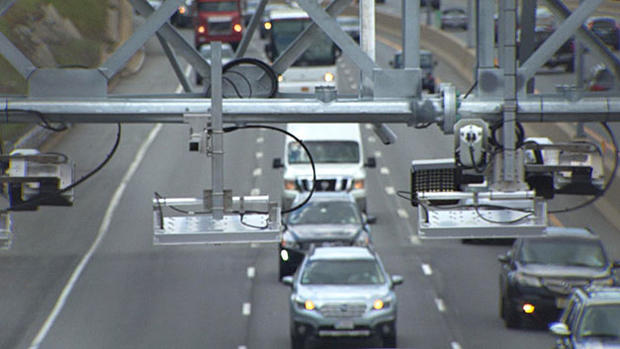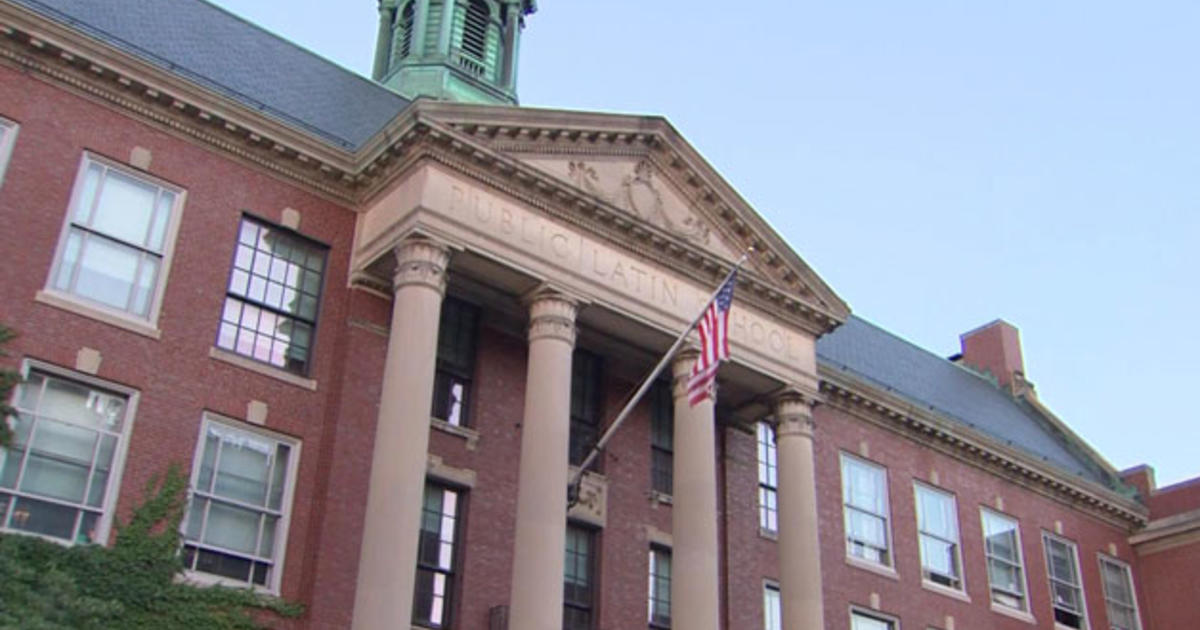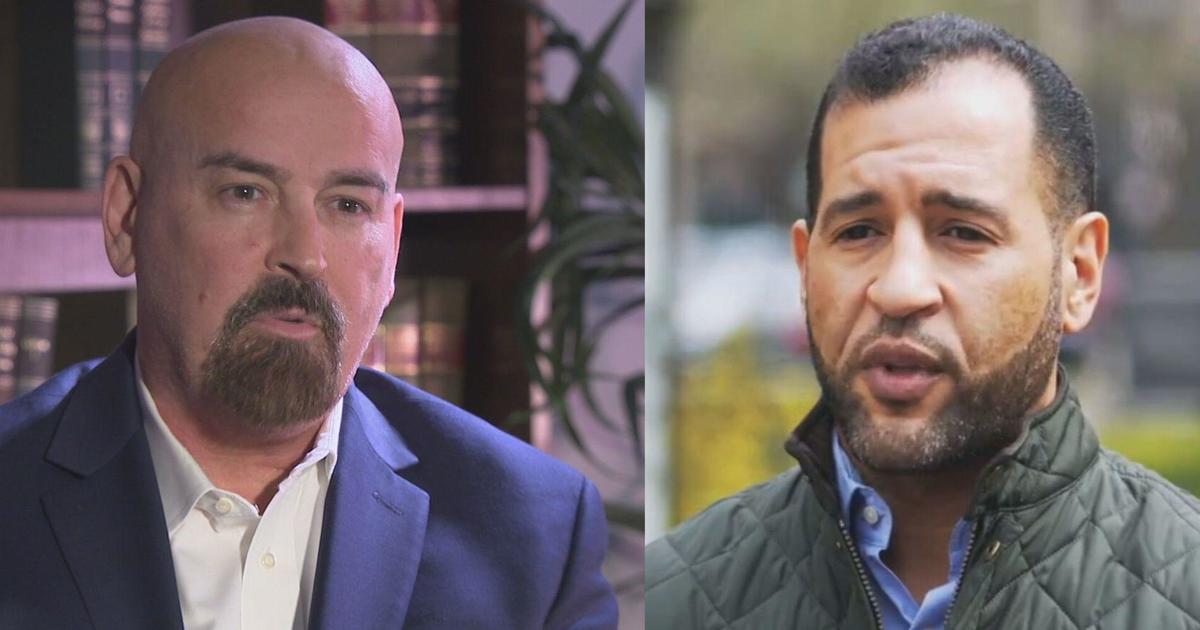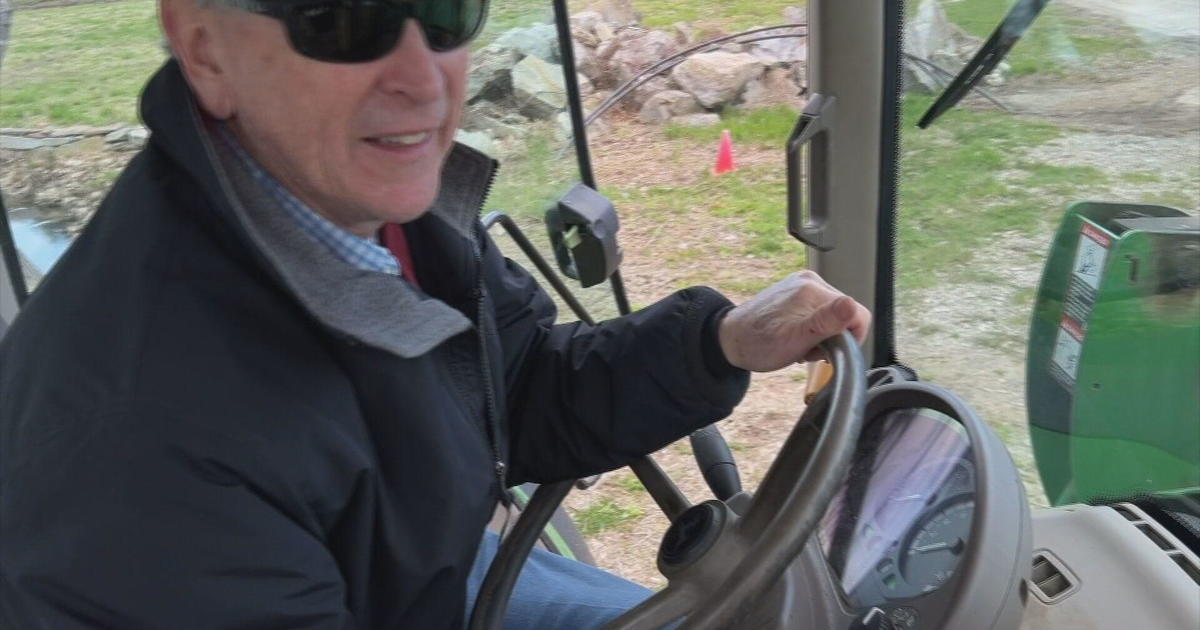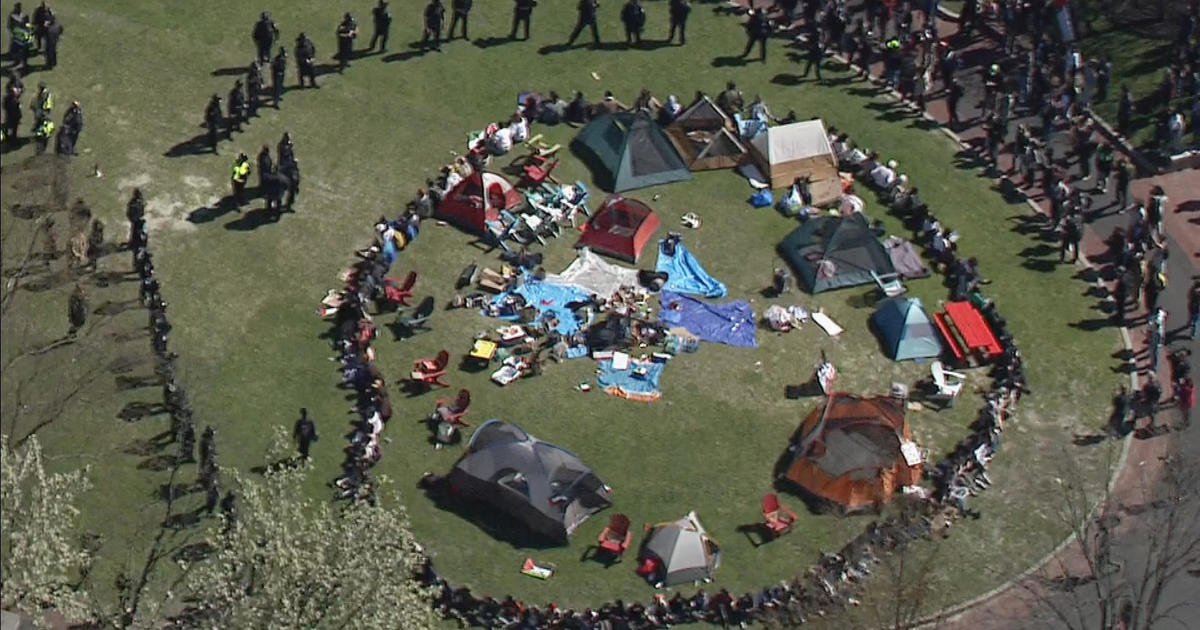More Toll Roads In Massachusetts? Senate President Wants To Explore It
BOSTON, APRIL 25, 2019 (State House News Service) - Expanding road tolls across Massachusetts and to the state's borders could be a way to generate new revenue to address growing transportation woes, Senate President Karen Spilka said Thursday.
In remarks at a Greater Boston Chamber of Commerce breakfast Thursday, Spilka, an Ashland Democrat, told business leaders that tolls similar to those along Interstate 90 deserve consideration for other places.
"Simply put, and I put this out there, if tolls are a good idea for my district, my region, I believe we should explore the possibility of expanded tolling, including possibly at our borders," Spilka said. "Our best ideas won't matter if we can't find a way to make a 21st century transportation infrastructure a reality — and find a way to pay for it."
Spilka also mentioned congestion pricing, an idea other lawmakers on Beacon Hill have frequently raised, as a way to address worsening traffic and infrastructure. Echoing a similar comment made last month by House Speaker Robert DeLeo, Spilka told the audience that no proposal should be "off the table."
The Legislature, she said, must soon take up "an honest and clear-eyed conversation about how we will pay for the proposed solutions to our complex challenges."
Her remarks came a day after the release of a MassINC poll finding a majority of employees across the state have experienced anger at delays on their daily commutes. Gov. Charlie Baker, speaking in the wake of the poll on Wednesday, said he does not believe any new taxes are necessary to improve transportation, citing his administration's plan to invest historic levels of funding in the next five years.
"I don't believe that raising taxes is the answer to this problem at this point in time," he said this week.
Read: Keller @ Large: Will We Ever Have A True Transit Makeover?
DeLeo said last month that all transportation revenue options are still "on the table," although representatives do not plan to debate the topic until some time later this year.
Spilka did not outline a timeframe for taking up road tolls or other forms of transportation revenue.
Sen. Brendan Crighton filed a bill (S 2060) calling for a Department of Transportation study about expanding tolls, but no action has been taken on that legislation since it was referred to committee in January.
In an interview with the News Service after the event, Spilka said it was "premature" to say how the Senate plans to approach the transportation revenue conversation.
"I'd like to defer that question for a few weeks or a month or so until we dive into this a little bit more," she said. "There are a lot of needs. I'm not certain how you solve those with just fixes, not counting revenue. I don't know if it's possible at this point."
Spilka said Joint Committee on Transportation Co-chair Sen. Joseph Boncore — who himself has filed bills calling for peak pricing on ride-hailing apps and for congestion tolls — will lead lawmakers in studying the issue. She also pointed to a new Senate working group led by Sen. Adam Hinds that will take a comprehensive look at the state's tax code with a goal of informing legislation for the 2021-2022 session.
It's not clear if lawmakers view the House budget being debated this week as a "money bill," a designation that would allow the Senate to add in new revenues when they take it up next month. Spilka said Thursday she is not sure if the current version is a money bill and is awaiting the final House vote.
The House on Thursday added a rider to its budget expanding a land conservation tax credit.
Spilka's speech focused on other key issue areas beyond transportation, too. She announced that the Senate budget would also include a new $10 million fund for mental health initiatives, and she told attendees not to be surprised if the Senate's budget includes "record levels" of Chapter 70 education funding - a pool of money that rises in each state budget.
Spilka would not say exactly what her budget's education funding would be, but she touted the Senate's previous votes in favor of fully implementing reforms recommended by the Foundation Budget Review Commission and said the chamber would "put its money where its mouth is when it comes to education."
"If you look at the last few years, this has been the Senate priority," Spilka told the News Service. "I believe it will be this year as well."
She tied together her remarks by suggesting that a wide range of legislative priorities can all be considered through two lenses: climate change and economic development.
To drive home the latter point — particularly relevant for an audience of hundreds of small and large business leaders — Spilka described the cost carried by many of the region's most significant challenges. Bad commutes leave workers dissatisfied and willing to look elsewhere for jobs, she said, education inequality leaves a portion of the population unable to succeed financially, and a Massachusetts Taxpayers Foundation study estimated the state loses $2.7 billion a year in business productivity as a result of the opioid epidemic.
"The key challenge before us, I believe, is safeguarding and maintaining the economic vibrancy and vitality of our state," Spilka said. "That's why I believe that it's very important to emphasize that every policy issue that we face this session is also an economic development issue."
